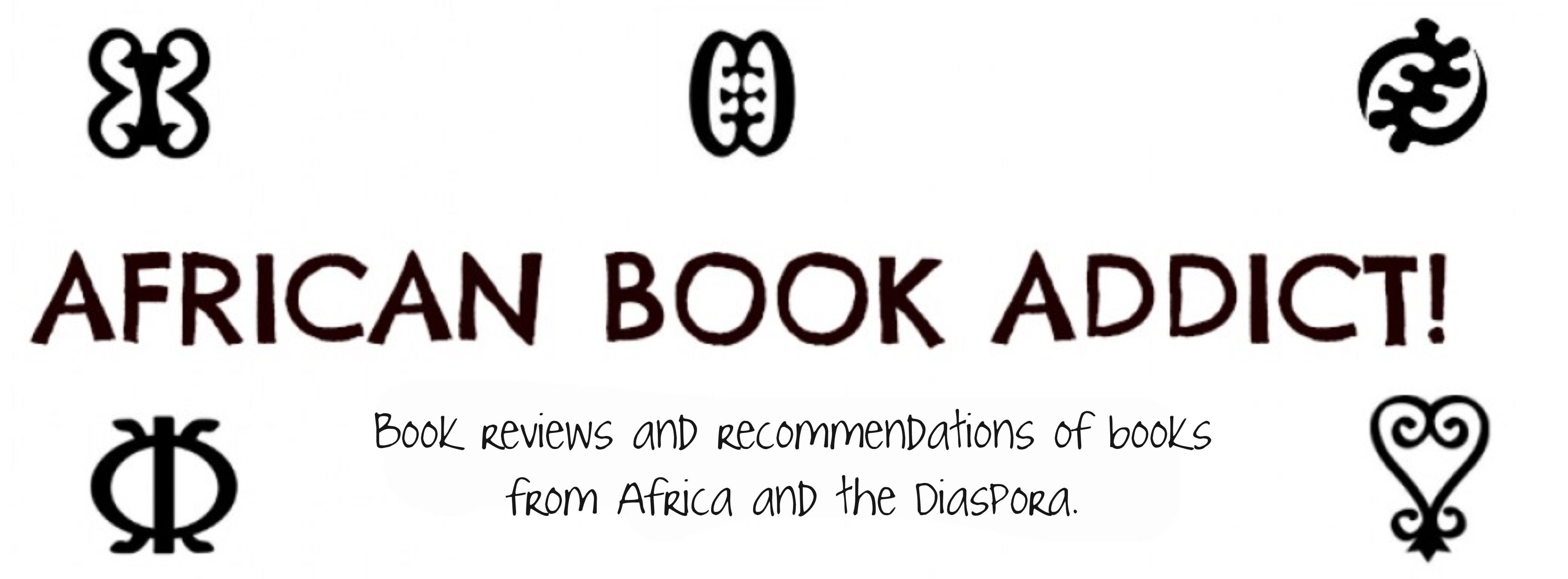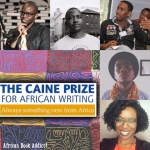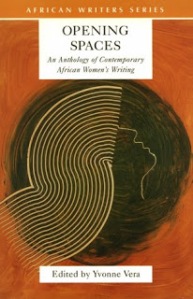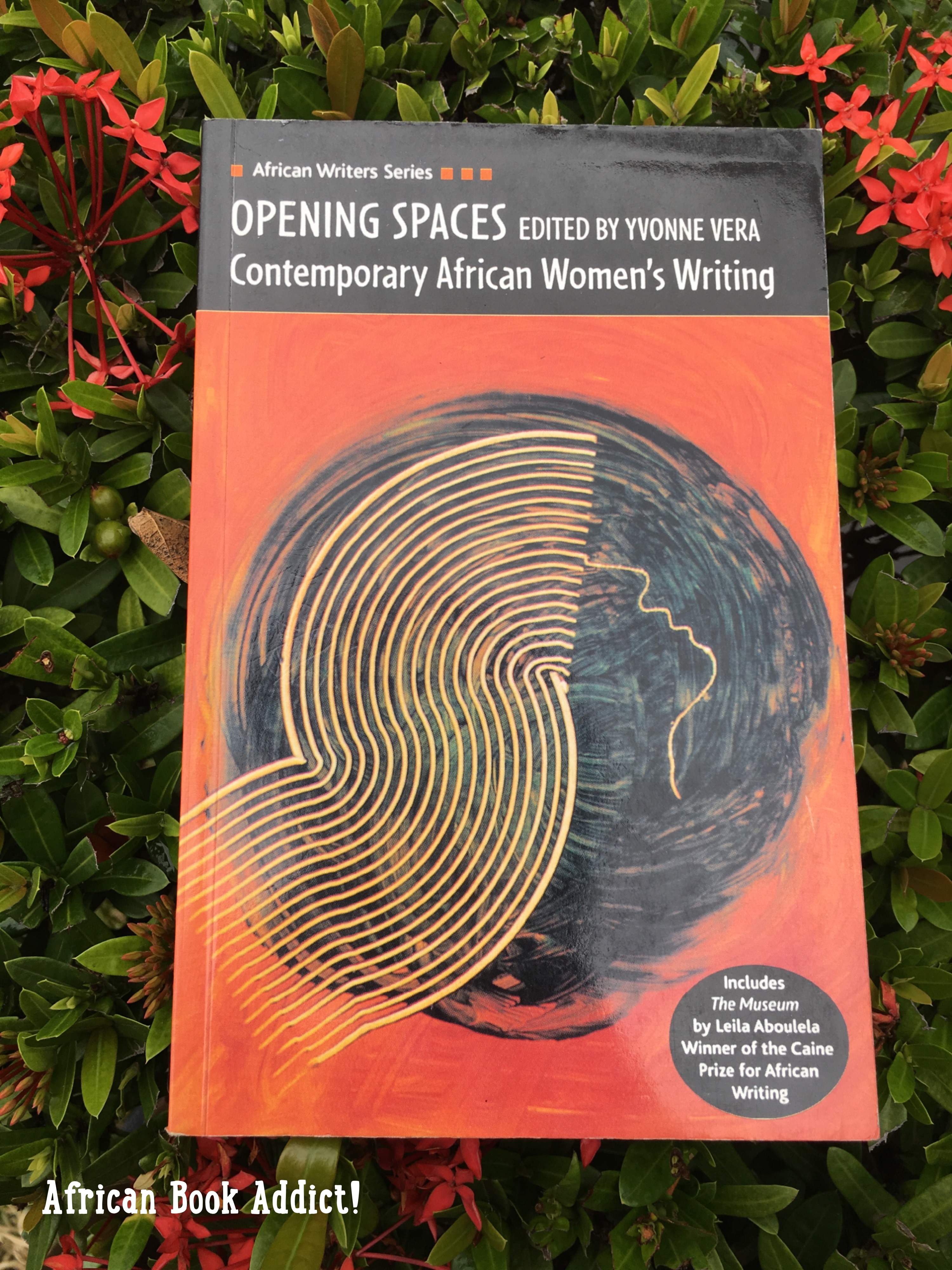YES, it’s that time of year again! In less than two weeks, the 2017 Caine Prize winner will be announced!
For those who are not familiar, the Caine Prize for African Writing, which was first awarded in year 2000 is an award “open to writers from anywhere in Africa for work published in English. Its focus is on the short story, reflecting the contemporary development of the African story-telling tradition” (source).
Some notable winners of the Caine Prize include (click on links to my reviews):
- Leila Aboulela, from Sudan (2000) – author of novels Minaret, The Translator, Lyrics Alley among other works.
- Binyavanga Wainaina, from Kenya (2002) – founding editor of Kwani?, author of memoir One Day I Will Write About This Place and the essay How To Write About Africa found in various literary magazines.
- Yvonne A. Owuor, from Kenya (2003) – author of the novel, Dust.
- E.C Osondu, from Nigeria (2009) – author of the novel This House is not For Sale and collection Voice of America: stories.
- NoViolet Bulawayo, from Zimbabwe (2011) – author of the novel, We Need New Names.
Previously shortlisted writers include: Mia Couto from Mozambique (2001), Chimamanda Adichie from Nigeria (2002), Laila Lalami from Morocco (2006), Chinelo Okparanta from Nigeria (2013), Pede Hollist from Sierra Leone (2013), Tendai Huchu from Zimbabwe (2014), Elnathan John from Nigeria (2013 & 2015), among others!
The Caine Prize and the shortlisted stories play huge roles in the authors I read from Africa. Many Caine Prize winners and shortlisted writers have found great success and I’ve reviewed a good number of these writers’ works here on African Book Addict!

This year, the Caine Prize shortlist comprises of five talented writers with unique short stories (left to right):(Image via caineprize.com)
Lesley Nneka Arimah (Nigeria) – Read her short story: Who Will Greet You At Home
Chikodili Emelumadu (Nigeria) – Read her short story: Bush Baby
Bushra al-Fadil (Sudan) – Read his short story: The Story of the Girl Whose Birds Flew Away
Arinze Ifeakandu (Nigeria) – Read his short story: God’s Children Are Little Broken Things
Magogodi oaMphela Makhene (South Africa) – Read her short story: The Virus
The Caine Prize shortlist wouldn’t be a shortlist if a previous shortlistee isn’t back on the list, right? I’m no longer shocked or disappointed when I see previous shortlistees and winners back on the shortlist – the Caine Prize is good for that.
I was happy to see Bushra al-Fadil, a writer of Sudanese heritage on the list! I think the last time a Sudanese writer was on the Caine Prize shortlist was back in year 2000, when Leila Aboulela won the first Caine Prize. But I wasn’t able to finish al-Fadil’s short story- The Story of the Girl Whose Birds Flew Away. Maybe it’s just me, but I didn’t get it. The Virus by Makhene is 26 pages and I haven’t found the time to enjoy it yet. Maybe I’ll listen to the podcast/ audio of the story if I have 1 hour 11 minutes to spare. I found Lesley Nneka Arimah’s story – Who Will Greet You At Home, softly magical. I recently purchased her short story collection – What It Means When A Man Falls From the Sky (which was the title of her last year’s shortlisted story) at it’s full price, so I hope it’s worth it. Hmm, I wonder if Arimah will compete to win next year’s prize as well, even with all the positive buzz around her new book.
Chikodili Emelumadu’s story – Bush Baby, is one hell of a rollercoaster! I was initially hesitant to read the story, as it’s a long read of 17 pages. But once I started reading, I just had to stay on the intense ride and endure every bit of it. I love Emelumadu’s succinct writing style. She manages to accurately capture the tiniest nuances which I found impressive. Bush Baby is a haunting story that follows adult siblings Ihuoma and Okwuchukwu (or Okwy) as they battle being tortured by an evil spirit that is out for Okwy. Ihuoma is back home in Nigeria from studying/living abroad and Okwy has resorted to satisfying the desires of his flesh – drugs, gambling, prostitutes and juju. YES- juju! Without giving too much away, just beware – there is black magic/ juju/ voodoo/ magical realism (however you choose to call ‘evil spirits’) in this story. Emelumadu’s palpable descriptions had be cringing and feeling deep sorrow for Okwy and his demise. I discovered Emelumadu’s blog, Igbophilia late last year and find her commentary/stories hilarious and very entertaining. I’m proud of her for making it on this year’s Caine Prize shortlist.
Arinze Ifeakandu’s story – God’s Children Are Little Broken Things MUST win the 2017 Caine Prize. Arinze is one heck of a writer! God’s Children Are Little Broken Things follows 2 university students, Lotanna and Kamsi. They are both young men and they become lovers. However, their relationship is very complicated. Lotanna is a soccer player and lover boy who is dating Rachael but he’s attracted to Kamsi – a piano player who’s small in stature. I don’t want to give too much away but I urge everyone to read the story – it’s the perfect short story for this month, which is considered LGBTQ Pride Month in the US. The story is deeply compelling and layered with many themes, such as – love, homosexuality, domestic violence, family, grief, illness, masculinity etc.
Reading God’s Children Are Little Broken Things got slightly confusing as it’s a second-person narrative, but I believe Arinze writing in this point of view made the story very personal and hence, powerful. I’m curious to know more about Arinze Ifeakandu and what compelled him to write this important story. I’d love to know how other readers feel about this story and the types of arguments/ conversations it will open up, especially among Africans who believe sexual fluidity and homosexuality are abominations. Arinze Ifeakandu must win this year’s Caine Prize and expand this riveting short story into a book! *fingers crossed.*
Which story is your favorite? Who do you think will win the Caine Prize this year?
The winner will be announced in London at Senate House Library in partnership with SOAS, on the 3rd of July. Good luck to all the shortlisted candidates!
You can also check out past commentary on the Caine Prize below:






